Atlantis, Paradise Island Marine Mammal Specialists Enable His Speedy Recovery.
Following a three-month recovery period at Atlantis, Paradise Island, Manny the manatee returned to Spanish Wells, The Bahamas on January 9, 2017. His initial rescue came as a result of local Spanish Wells citizens, who noticed that the marine mammal was not in a healthy state, contacting officials about his condition. Bahamas Marine Mammal Research Organization (BMMRO) and The Bahamas Department of Marine Resources alerted the team at Atlantis that the wild manatee was in need of immediate intensive care.
Manny is approximately 8-10 years of age, and was suffering from extreme malnutrition and dehydration when he was first rescued by the Atlantis medical team. Various health evaluations, ranging from fluid therapy to blood analysis, were completed by the resort’s veterinary team and corresponding partners including The Bahamas Department of Marine Resources, the University of Florida, and the Florida Fish & Wildlife Conservation Commission. It was determined that Manny should continue to be cared for by the Atlantis until he reached the healthiest weight possible.
Since the initial rescue and under the care of the resort, Manny’s progress was immense. He grew from a malnourished 365 pounds to a healthy 840-pound weight and was gobbling down up to 144 heads of romaine lettuce, 24 heads of kale, and 4 bags of spinach per day, by the time of his release.
Following final evaluations from the Atlantis team, in collaboration with this wide range of international players from the wildlife conservation field and further analysis by the U.S. Geological Survey and University of Florida, The Bahamas Department of Fisheries authorized the release of Manny in Spanish Wells (North Eleuthera), where he was first discovered and where a small population of manatees currently reside. Manny has a tag on and will be tracked by Dr. Diane Claridge (BMMRO) and Dr. James Reid (USGS) for the next couple of weeks to ensure his reintroduction to the wild is successful.

